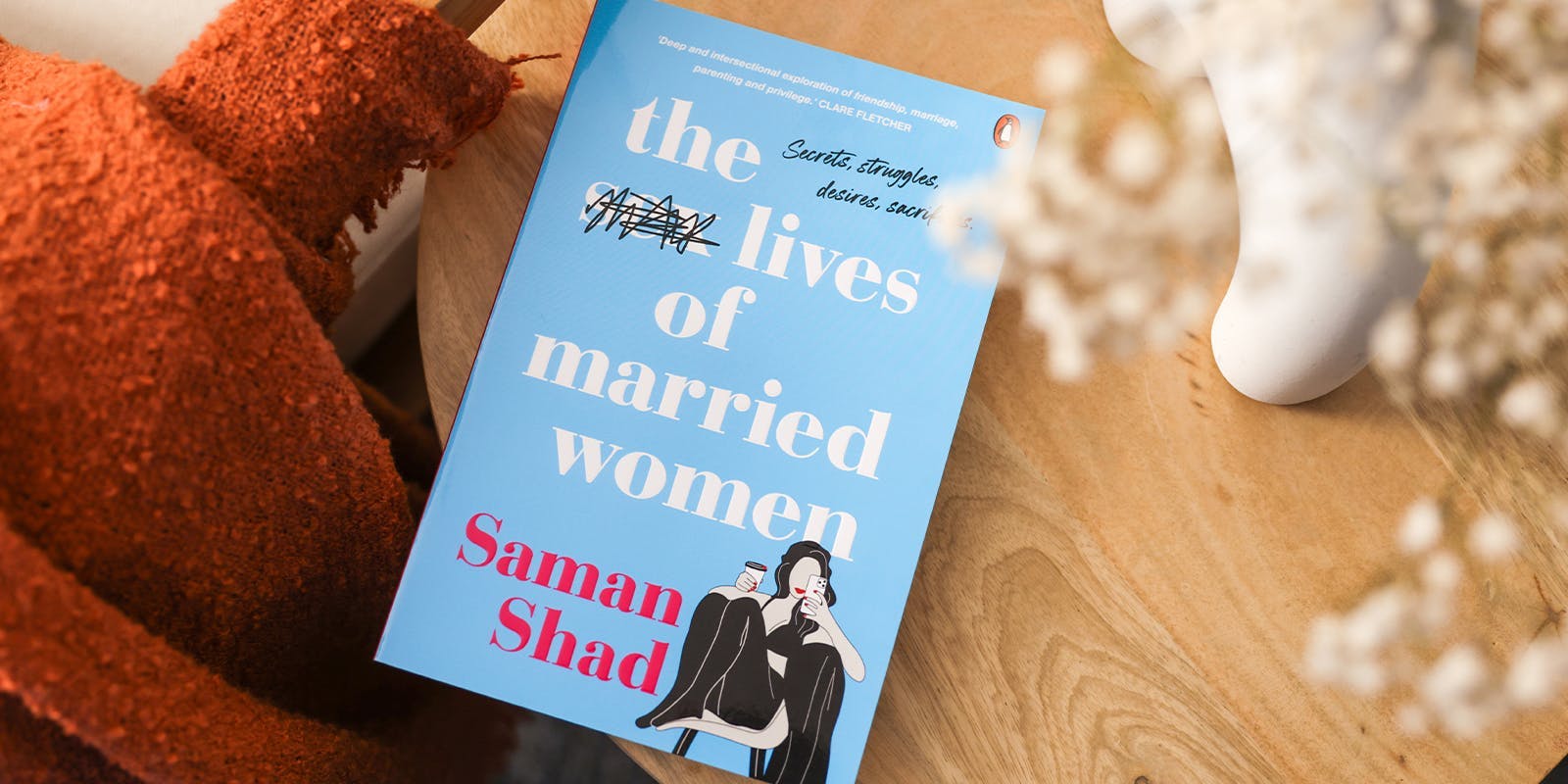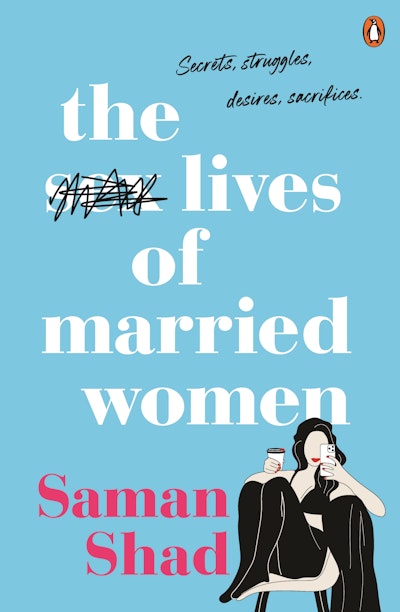A sexy, funny, surprising tale of female friendship to read with your book club.
The Sex Lives of Married Women by Australian author Saman Shad follows three friends – each on her own path of marriage and motherhood.
After forming an unlikely alliance, the women bond over coffee, cocktails and confessions, sharing the messy, hilarious truths about what it means to be a woman.
The book is raw, funny and heartbreakingly relatable, making it the perfect pick for your next book club read.
Discussion points and questions
- What do you talk about when you get together with your friends? Your partners and family life? Or do you open slather on anything and everything?
- For decades women fought so they could ‘have it all’ – a satisfying relationship with a partner, successful career and a loving family. Is this a worthy aspiration? Or are there better things to invest your energy and dreams into?
- Saman Shad brings three women in different social and economic circumstances together at a time in their lives when they are each questioning the directions they have taken. Is the female mid-life crisis something you have experienced or seen around you?
- Comparing herself to Rani, Meena finds herself in a bind. Is her life more akin to Sophie’s?
- Have you moved away from home and who have you relied on to cope? Does this better help you understand those who are living through such circumstances in your hometown?
- How diverse is Australian storytelling?
- Fellow Australian author, Clare Fletcher, says of The Sex Lives of Married Women ‘Come for the risqué title, stay for the deep and intersectional exploration of friendship, marriage, parenting and privilege.’ How do you respond to this challenge?
- Do you believe a person’s cultural background and/or how they were parented, influences the marriage and family life they build? In what ways? Can this be overcome?
- As the world becomes more global and people move countries and states, often away from families, do you think friendship has become a more vital and sustaining force in the life of women? Or has this always been the case?













